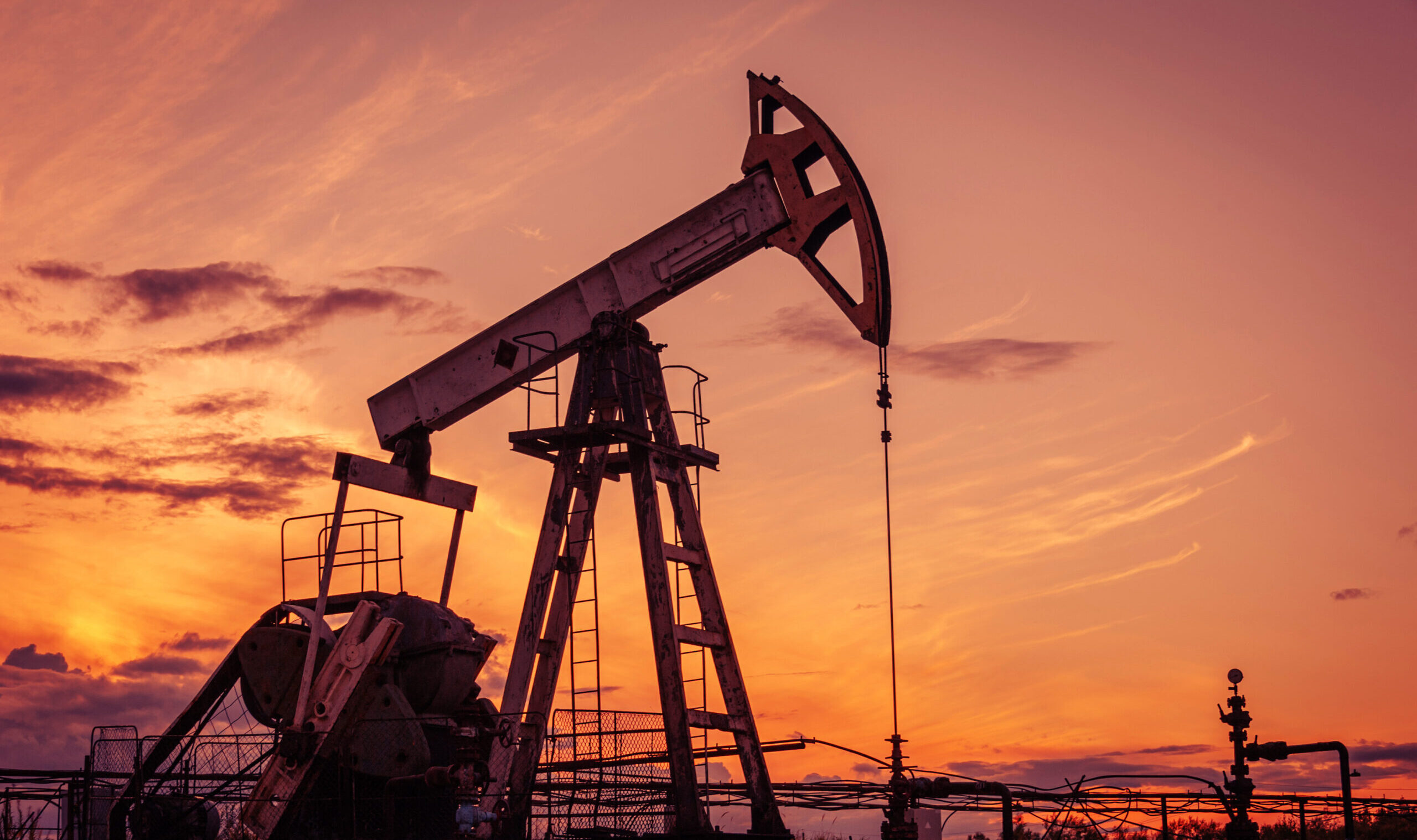The Fight Over American Involvement in Venezuelan Oil
Chevron’s license to operate in the Venezuelan oil fields will lapse soon—or will it?

The Trump administration is sending mixed signals about the future of the American presence in Venezuela’s oil fields.
Special Envoy Ric Grenell told Steve Bannon Tuesday on the latter’s War Room program that President Donald Trump had authorized an extension of Chevron Corporation’s license for oil extraction in the South American country, where it runs a joint operation with Venezuela’s state-owned oil company, PDVSA. That assertion was contradicted the next day by Secretary of State Marco Rubio, who stated in a post on his personal X account that “The pro-Maduro Biden oil license in #Venezuela will expire as scheduled next Tuesday May 27.”
Chevron’s presence in Venezuela has been a matter of some controversy for the administration, as the confusion surrounding the expiration of the license this past week demonstrates. Both Trump administrations have taken a hard line towards the repressive Maduro government, including imposing sweeping sanctions on the country in 2019 and asserting early this year that it is cooperating with the prison gang and drug cartel Tren de Aragua in perpetrating an invasion of American territory. The Chevron license, on the other hand, is a product of then-president Joe Biden’s failed attempt to achieve cooperation from Maduro by loosening the restrictions on American companies’ operations in Venezuela.
When Trump returned to office in 2025, his “maximum pressure” strategy on Venezuela seemed to have returned as well. The administration announced in March that it would be revoking Chevron’s license for Venezuelan drilling effective May 27. But that decision has received sharp pushback from some quarters.
Within the administration, Grenell has provided the most public support for a more transactional approach to the Venezuelan government. Shortly after Trump’s inauguration, Grenell met with Venezuelan officials and freed 6 Americans being held prisoner by the government, as well as obtaining an agreement that Venezuela would accept U.S. deportation flights. This week, Grenell also secured the release of American prisoner Joseph St. Clair, an Air Force veteran, as part of negotiations which reportedly included the possibility of extending Chevron’s operations in the country, potentially in exchange for the government accepting further repatriation flights. (The Trump administration recently revoked Temporary Protected Status for Venezuelans living illegally in the U.S., meaning hundreds of thousands will be eligible for deportation).
Support for a new approach to Venezuela outside the administration has come from figures in right-wing media, including Bannon and Laura Loomer, as well as those in the oil industry like the former Florida Republican Party Finance Chair Harry Sargeant III, whose company, Global Oil Terminals, also operates in Venezuela. In an op-ed posted to X on May 8, Loomer contended that terminating Chevron’s license in Venezuela would simply turn Venezuelan oil fields over to China while depriving the U.S. of an important energy resource and squeezing domestic consumers.
This is sharply opposed by proponents of Trump’s oppositional “maximum pressure” strategy towards Maduro. Rubio, who asserted that Chevron’s license will expire as planned, has strongly supported a confrontational stance towards Maduro, as does Special Envoy for Latin America Mauricio Claver-Carone. In Congress, the approach has the backing of the three Cuban-American representatives, Mario Díaz-Balart (R-FL), María Elvira Salazar (R-FL), and Carlos Giménez (R-FL), who aggressively lobbied the incoming administration to revoke Chevron’s license earlier this year.
Those who support ending Chevron’s drilling operations with Venezuela argue that the company provides a significant source of financing for the autocratic government. Chevron’s ventures contribute over 200,000 barrels of oil daily to Venezuela’s production, nearly one quarter of all oil produced in the country. That production is worth hundreds of millions of dollars annually to cash-starved Venezuela.
Chevron’s modern and efficient fleet is also much better equipped to operate the fields than its state-owned partner, PDVSA, which struggles with corruption, poor management, and the disruption caused by American sanctions. The gap left by Chevron could potentially be filled by Chinese companies, but China has pulled back significantly on investments in Venezuela in recent years. (It previously sank billions of dollars into the country between 2008 and 2017, but the economy of the country has crumbled and put returns on Chinese projects and financing at risk.)
At time of writing, Trump has made no comment on Chevron’s license, leaving its future in limbo. The next several days will be an important test of the administration’s position on Venezuela going forward: Will the license expire as planned, confirming a continuation of the “maximum pressure” approach of Trump I? Or will the administration follow up Grenell’s movement towards a more transactional approach to the Maduro government?
The post The Fight Over American Involvement in Venezuelan Oil appeared first on The American Conservative.












